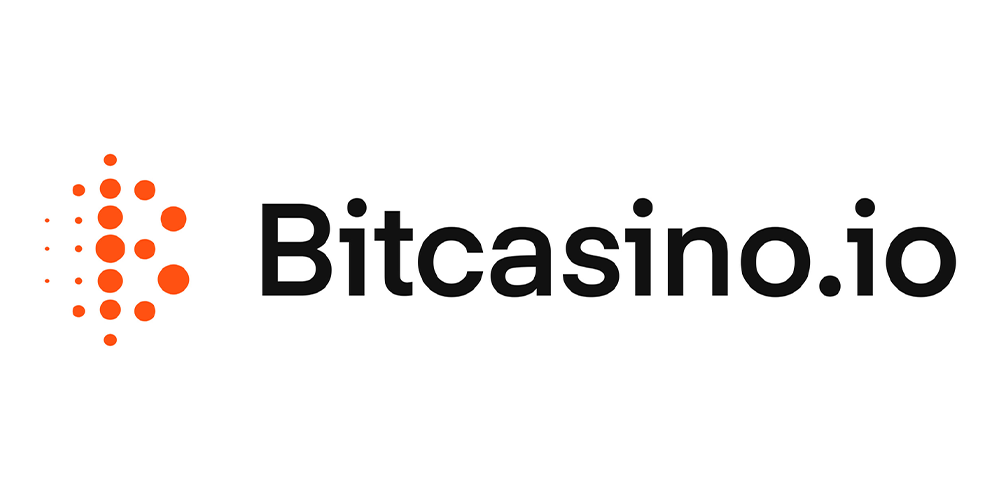How Central Banks Broke Money with Matthew Mežinskis
Where to find the show
Download Episode MP3 File
The file will open in a new window. Click down arrow to download the file.
“It’s the good people that are suffering, the bad people are never going to comply with you anyway, so you’re not accomplishing anything. I do think the Bitcoin will help to change that.”
SHOW DESCRIPTION
Matthew Mežinskis is the creator of the Crypto Voices podcast and Porkopolis Economics website. In this interview, we discuss the concept of base money, a comparison of global currency valuations (including Bitcoin), COVID-19’s impact on the monetary base, limitations of the current monetary system, government debt, inflation, political problems, and the need for change.
- - - -
There are quite rightly real concerns over the societal implications of Central Bank Digital Currencies particularly in relation to the capacity it will give governments to erode democratic principles. However, there are already serious concerns regarding the existing system. The transmission of monetary policy, that is, the impact of central bank policy decisions on the economy, is significant. And yet, these policy decisions are done behind closed doors.
Around two-thirds of the United States’ monetary base is digital: equating to 20 trillion dollars. Central banks add and remove trillions of dollars from the monetary system through keystrokes and computer strokes, increasing and reducing the bank reserves by increasingly eye-watering amounts. The latest changes have removed material liquidity from the banking system. This has caused interest rates to rise, which has resulted in banking collapses and a cost of living crisis.
Some are calling for central banks to be abolished, such as Javier Milei, the libertarian candidate leading Argentinia’s presidential polls. However, central banks are closely entwined to the global economy; there is no easy way to surgically remove them without causing collateral damage to the real economy. Yet, if central banks continue on their current path there will be more currency collapses and a concentration of value in a narrowing set of global currencies.
The monetary system is therefore becoming a cartel controlled by a small elite who are benefiting from this situation whilst the majority suffer. There is growing dissatisfaction with this situation and a desire for change among the general population. Bitcoin can play a role in such a change: it both offers a more efficient and less restrictive alternative, but also, educates people as to the nature of the problem with a centralized monetary system.
TIMESTAMPS
00:02:23: Introductions
00:05:33: Bedford Conference 2024
00:10:02: Base money and interest rates
00:18:24: Ending central banks
00:25:56: Global currency correlations
00:33:51: Trapped between taxation and inflation
00:38:06: Bitcoin and the revolution
00:48:17: Pros and cons of libertarianism
00:58:16: Outside money, and money growth
01:03:28: Inflation hurting the poor
01:13:46: Inside money
01:21:13: Bitcoin price
01:36:26: Final comments
SUPPORT THE SHOW
If you enjoy The What Bitcoin Did Podcast you can help support the show by doing the following:
Become a Patron and join our Discord to get access to shows early or help contribute
Make a tip:
Subscribe on iTunes | Spotify | Stitcher | SoundCloud | YouTube | TuneIn | RSS Feed
Leave a review on iTunes
Share the show and episodes with your friends and family
Subscribe to the newsletter on my website
Follow me on Twitter Personal | Twitter Podcast | Instagram | Medium | YouTube
If you are interested in sponsoring the show, you can read more about that here or please feel free to drop me an email to discuss options.
SPONSORS
SHOW NOTES
Connect with Matthew:
On Twitter
On Nostr: npub1ath4je07y7py74nvu044fum3f8hz3exc3dtcv782qg94w5gaddusl74k6d
Mentioned in the interview:
Inflation’s Compounding Impact on the Poor | by Jackson Mejia & Jon Hartley | FREOPP.org
Logarithmic (non-linear) regression - Bitcoin estimated value - BitcoinTalk
Other Relevant WBD Podcasts:
WBD699: The Debanking of Nigel Farage
WBD696: Will Blackrock Be Bitcoin's Suddenly Moment? With Parker Lewis
WBD669: WBD Live in Miami - The Money Printing Debate with Jeff Snider and Lyn Alden
WBD645: The Failure of Central Banking with Matthew Mežinskis
WBD544: What’s Happened Between Ukraine and Russia with Matthew Mežinskis
WBD542: Fractional Reserve, Base Money & Bitcoin with Matthew Mežinskis











